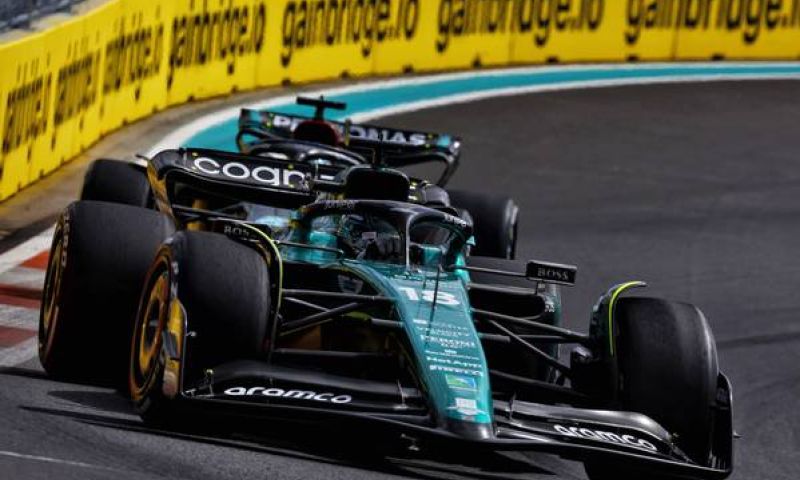Could Mercedes stop a potential Aston Martin Honda arrangement?
F1 News

- Rishi Wig
With many murmurs running through the paddock of the re-entry of Honda as an engine manufacturer in 2026, many have seen Aston Martin as a potential candidate for the Japanese team to partner with. However, the British racing team has many connections, both through F1 and commercially. Could this affect any potential partnership going forward between the two companies?
What’s happened?
Announced in October 2020 and completing their departure from F1 in December 2021, Honda’s relationship with the sport has been one best described as a stop-and-start situation. Claiming the World Driver’s Championship in 2021 and both the Constructor’s & Driver’s titles in 2022, as well as changes in their management back in Japan, Honda is now slowly coming to the idea of backpedalling on their departure.
With this, rumours have begun to emerge that Honda would be far more interested in joining a high-performing team, which has led many to believe that the Japanese outfit would be interested in partnering with Aston Martin, who are currently enjoying a breakout season. With more personnel, facilities (such as a new headquarters and wind tunnel) and funding, Aston Martin may gradually emerge as a safe bet to break into the conventional “top three” that we’ve grown accustomed to in the turbo-hybrid era of F1.
The allegiances
Honda is not capable of rejoining the Red Bull family. While the Red Bull and AlphaTauri cars are powered with Honda-designed powertrains, the engines are badged under the Red Bull Powertrains facility. With the 2026 regulations, the Red Bull engines will receive Ford badging, with the American automotive company coming in as part of a commercial deal. As such, this avenue seems all but closed for Honda.
While Aston Martin has been taking part in an energetic upscaling process, a full-blown engine program may be slightly beyond their limitless ambitions. As such, the Silverstone team will likely still look for an engine supplier. There are also obvious benefits to being supplied by a singular engine manufacturer, as rear-end car design can be better catered to the engine architecture and vice-versa. Thus, if their title ambitions loom closer, the prospect of switching away from Mercedes may seem more appealing.
The outcome
Aston Martin and Mercedes share a close relationship, with the British company achieving access to a variety of technologies from the German Giant in exchange for shares up to 20% of Aston Martin Lagonda’s worth. The two brands also share a connection through the sport as well, with Aston Martin’s powertrain and other components being sourced from the Mercedes team as well. While sharing an arrangement both in and outside of F1 is better for brand unity, the commercial agreement will not be harmed by a change in who Aston Martin sources for their engines. The technological partnership will likely remain for the road cars, while greater freedom to explore competitive options will be granted to the British manufacturer to maintain an excellent sporting ethic between racing rivals.
If Aston Martin desires to succeed and dominate the sport, they will either need to pursue an engine supplier who doesn’t have another “horse” in the race itself or create the engines themselves. The return of the Japanese manufacturer may pose itself as a golden opportunity for the British racing team to plant itself within the sport and venture towards the very top.

